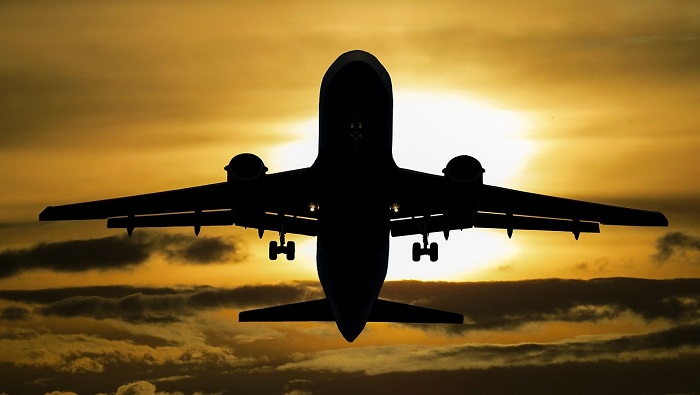
Muscat: The International Air Transport Association (IATA) supports the wearing of face coverings for passengers and masks for crew while on board aircraft as a critical part of a layered approach to biosecurity to be implemented temporarily when people return to traveling by air.
In a statement, the association said that it does not support mandating social distancing measures that would leave ‘middle seats’ empty.
"Evidence suggests that the risk of transmission on board aircraft is low. Mask-wearing by passengers and crew will reduce the already low risk, while avoiding the dramatic cost increases to air travel that onboard social distancing measures would bring," the IATA said.
“The safety of passengers and crew is paramount. The aviation industry is working with governments to re-start flying when this can be done safely. We will take measures—such as the wearing of face coverings by passengers and masks by crew—to add extra layers of protection," said Alexandre de Juniac, IATA’s Director General and CEO.
"We must arrive at a solution that gives passengers the confidence to fly and keeps the cost of flying affordable. One without the other will have no lasting benefit.”
Measures to Reduce the already low risk of onboard transmission
In addition to face coverings, these layers of temporary biosecurity measures being proposed include:
Temperature screening of passengers, airport workers and travelers,
Boarding and deplaning processes that reduce contact with other passengers or crew.
Limiting movement within the cabin during flight.
More frequent and deeper cabin cleaning.
Simplified catering procedures that lower crew movement and interaction with passengers.
When proven and available at scale, testing for COVID-19 or immunity passports could also be included as temporary biosecurity measures.
A detailed IATA examination of contact tracing of 1,100 passengers (also during the January to March 2020 period) who were confirmed for COVID-19 after air travel revealed no secondary transmission among the more than 100,000 passengers in the same flights. Just two possible cases were found among crew members, the association said.
"Even if mandated, keeping the ‘middle seat’ open will not achieve the recommended separation for social distancing to be effective. Most authorities recommend 1m-2m while the average seat width is less than 50 cm."
Calls for social distancing measures on aircraft would fundamentally shift the economics of aviation by slashing the maximum load factor to 62%. That is well below the average industry breakeven load factor of 77%. With fewer seats to sell, unit costs would rise sharply. Compared to 2019, air fares would need to go up dramatically—between 43% and 54% depending on the region—just to cover costs, the IATA pointed out.